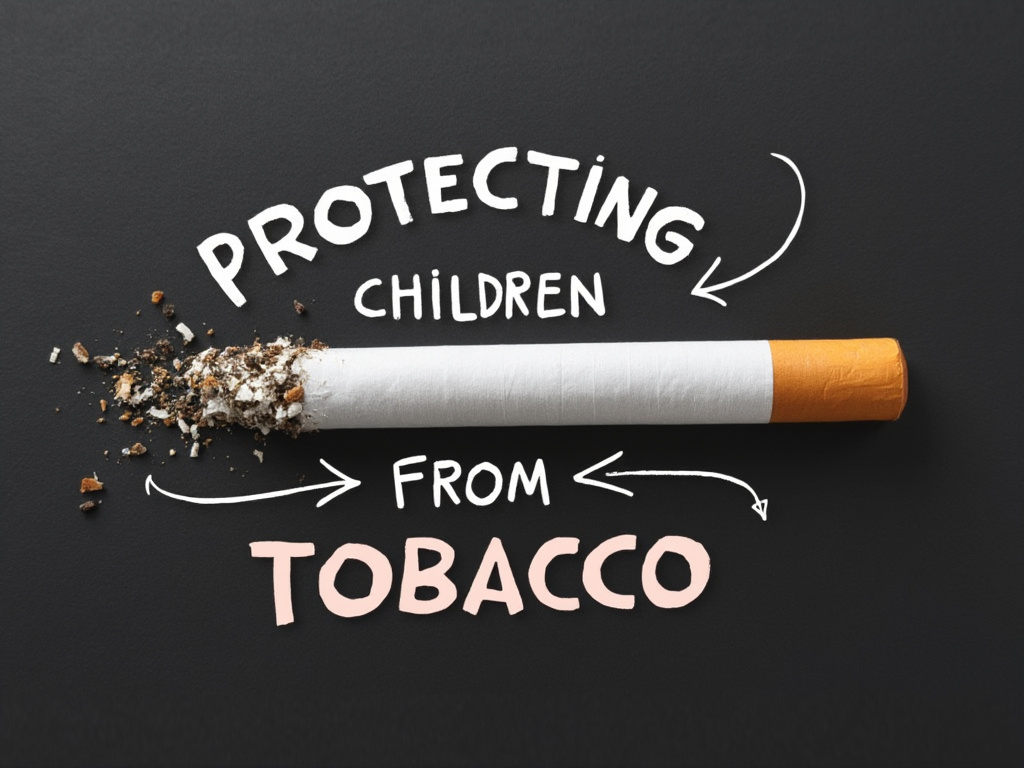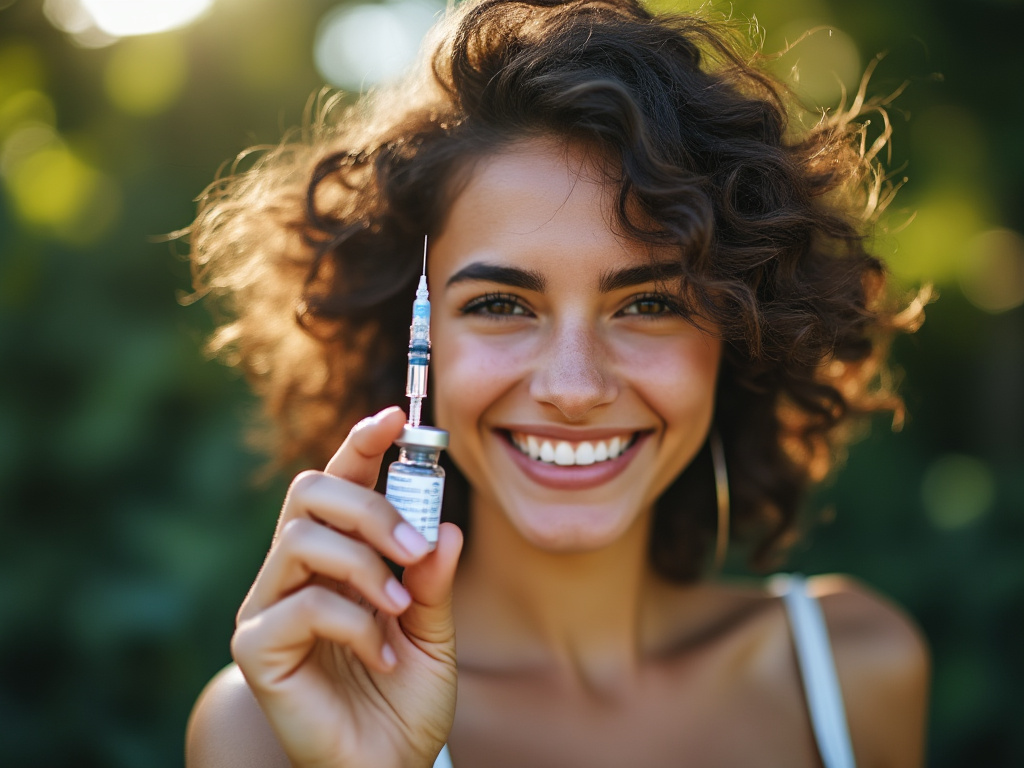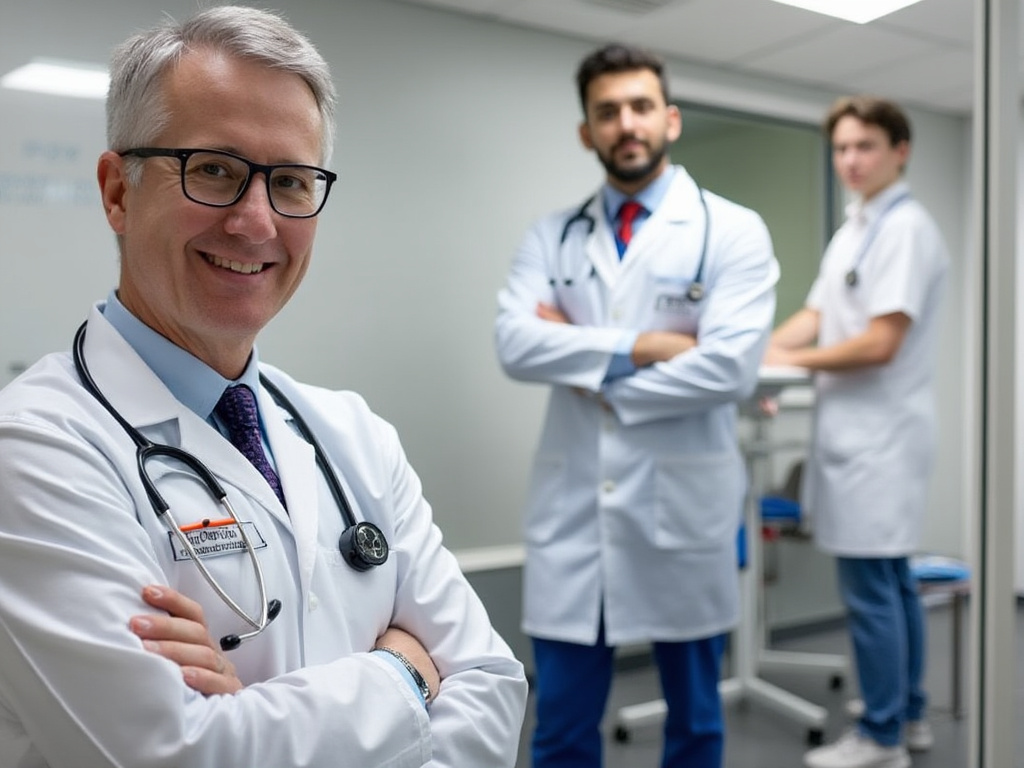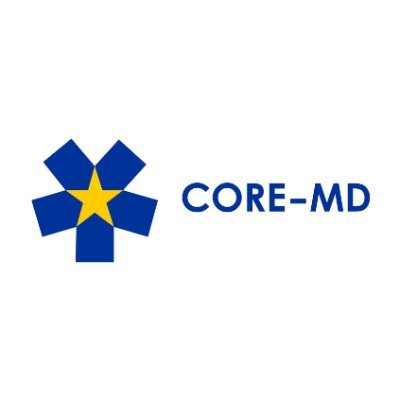Young Yeap Blogs

YOUNG EAP BLOG | RAISING AWARENESS ON AMR, A GROWING HEALTH THREAT FOR CHILDREN AND ADULTS ALIKE
October 2018 Raising awareness on AMR, a growing health threat for children and adults alike. World Antibiotic Awareness Week takes place on 12-18 November, with the 2018 European Antibiotic Awareness Day taking place on 15 November 2018. On these…

YOUNG EAP BLOG | CHILDHOOD OBESITY – A GLOBAL PUBLIC HEALTH CONCERN
June 2018 Childhood obesity – a global public health concern. Childhood obesity is one of the most serious public health challenges of the 21st century. Last year, the Commission on Ending Childhood Obesity (ECHO) reported that the number…

YOUNG EAP BLOG | PROTECTING CHILDREN FROM TOBACCO
may 2018 Protecting children from tobacco. The situation Exposure to SHS leads to an estimated 166.000 child deaths each year worldwide, with most of those deaths resulting from lower respiratory diseases. Eighty-six percent (86%) of youth in Europe...

EAP BLOG – COVID-19 SERIES (#7) | THE EFFECTS OF THE PANDEMIC ON OUR WAY OF LIFE
COVID-19 SERIES (#7) The Effects of the Pandemic on our Way of Life. There are so many talks about coronavirus and COVID-19 around that I would like to speak about something else. I am not going to share the experience of my country in fighting with…



